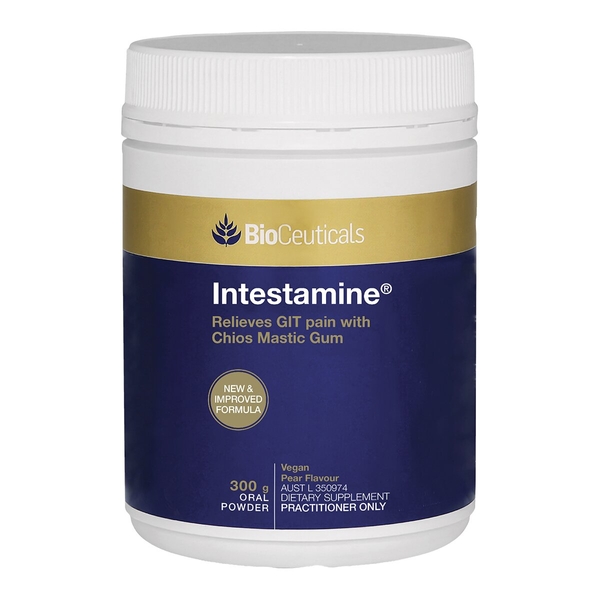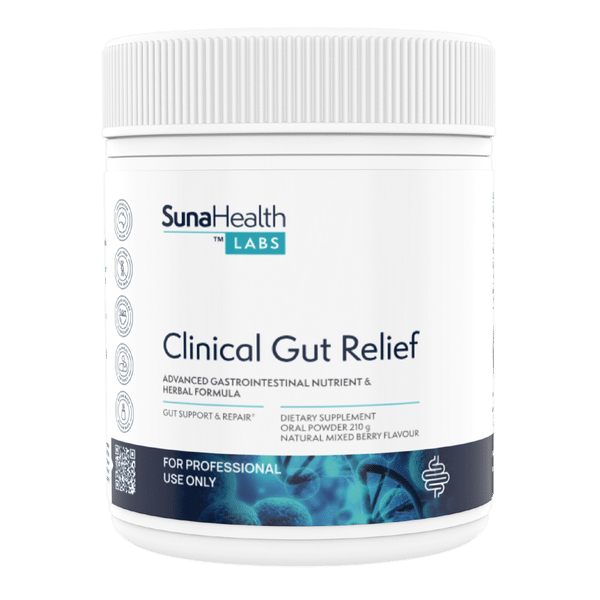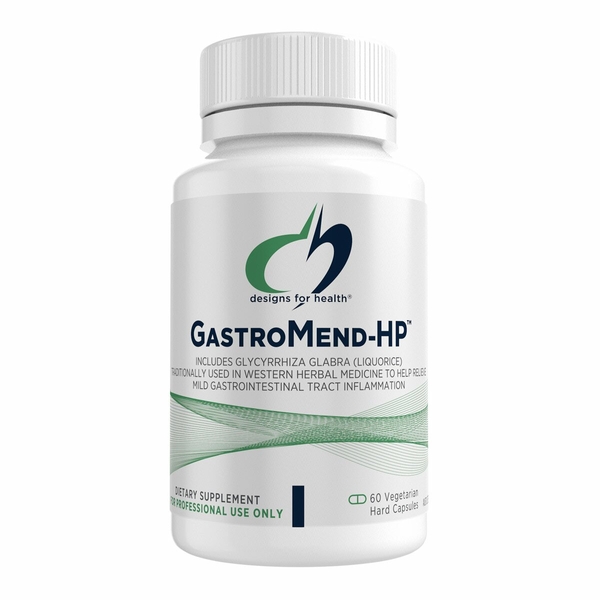
Mastic
Scientific names: Pistacia lentiscus
Family: Anacardiaceae
Alternate names: Arabic gum, Arbre à Mastic, Arbre au Mastic, Chios Mastic, Lentisco, Lentisk, Mastic Gum, Mastich, Mastiha, Mastika, Mastix, Mata Charneca, Pistachier Lentisque
Actions: Anthelmintic, Antidiabetic, Antifungal, Anti-inflammatory, Antimicrobial, Antineoplastic, Antioxidant, Cardiovascular, Gastrointestinal, Immune, Lipid, Ulcer-healing, Wound-healing
Background
Mastic (Pistacia lentiscus) is an evergreen shrub found throughout the Mediterranean. The sap (resin) from its trunk is used to make medicine.
Mastic might help reduce stomach acid and protect the lining of the stomach and intestine. It might also have antibacterial effects and reduce swelling.
People use mastic for stomach ulcers, indigestion, Crohn disease, wound healing, and many other conditions, but there is no good scientific evidence to support most of these uses.
Don't confuse mastic with gum arabic. These are not the same.
Mastic might help reduce stomach acid and protect the lining of the stomach and intestine. It might also have antibacterial effects and reduce swelling.
People use mastic for stomach ulcers, indigestion, Crohn disease, wound healing, and many other conditions, but there is no good scientific evidence to support most of these uses.
Don't confuse mastic with gum arabic. These are not the same.
Safety Safety definitions
When taken by mouth: Mastic is possibly safe when used for up to 3 months. It seems to be well-tolerated. Side effects might include constipation.
When applied to the skin: There isn't enough reliable information to know if mastic is safe. Some people might experience an itchy rash after using mastic gum.
Allergy to to other plants: People who are allergic to a plant called Schinus terebinthifolious or to Pistacia species might also be allergic to mastic tree.
When applied to the skin: There isn't enough reliable information to know if mastic is safe. Some people might experience an itchy rash after using mastic gum.
Special Precautions & Warnings:
Pregnancy and breast-feeding: There isn't enough reliable information to know if mastic is safe to use when pregnant or breast-feeding. Stay on the safe side and avoid use.Allergy to to other plants: People who are allergic to a plant called Schinus terebinthifolious or to Pistacia species might also be allergic to mastic tree.
Effectiveness
NatMed Pro rates effectiveness based on scientific evidence according to the following scale: Effective, Likely Effective, Possibly Effective, Possibly Ineffective, Likely Ineffective, Ineffective, and Insufficient Evidence to Rate.
Possibly effective Effectiveness definitions
- Indigestion (dyspepsia). Taking mastic gum by mouth seems to reduce symptoms of indigestion, including stomach pain and heartburn.
Dosing & administration
Mastic gum or powder have most often been used by adults in doses of 1-2.8 grams by mouth daily for up to 3 months. Mastic has also been used as an essential oil in toothpaste. Speak with a healthcare provider to find out what type of product and dose might be best for a specific condition.
Interactions with pharmaceuticals
It is not known if Mastic interacts with any medicines. Before taking Mastic, talk with your healthcare professional if you take any medications.
Interactions with herbs & supplements
There are no known interactions with herbs and supplements.
Interactions with foods
There are no known interactions with foods.
vital.ly has licensed monographs from TRC Healthcare.
This monograph was last reviewed on 12/09/2024 10:00:00 and last updated on 13/12/2021 09:45:59. Monographs are reviewed and/or updated multiple times per month and at least once per year.
Natural Medicines disclaims any responsibility related to medical consequences of using any medical product. Effort is made to ensure that the information contained in this monograph is accurate at the time it was published. Consumers and medical professionals who consult this monograph are cautioned that any medical or product related decision is the sole responsibility of the consumer and/or the health care professional. A legal License Agreement sets limitations on downloading, storing, or printing content from this Database. No reproduction of this monograph or any content from this Database is permitted without written permission from the publisher. It is unlawful to download, store, or distribute content from this site.







